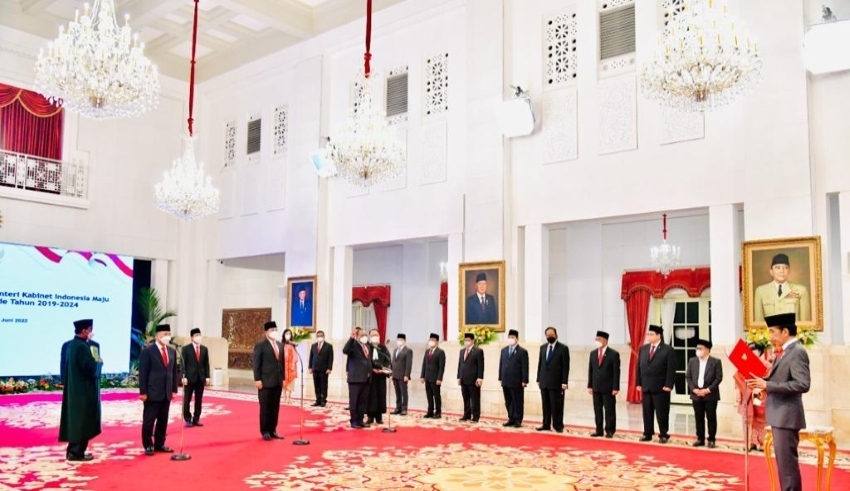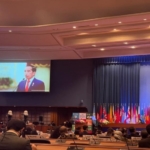
 Indonesia – Indonesian President Joko Widodo argued over a series of policy U-turns on palm oil exports when the cabinet was reorganized on Wednesday. The Minister of Trade was dismissed.
Indonesia – Indonesian President Joko Widodo argued over a series of policy U-turns on palm oil exports when the cabinet was reorganized on Wednesday. The Minister of Trade was dismissed.
Zulkifuri Hasan, the leader of the National Delegation Party (PAN) and former Minister of Forestry, has been appointed as the new Minister of Trade of the country. His predecessor, Muhammad Lutfi, oversaw a policy flip-flop to curb domestic edible oil prices, including a ban on the shipment of palm oil from the world’s largest exporters.
The three-week export ban sent a shock wave to the global market, with a series of arrests for alleged corruption before it was lifted on May 23. In a statement last month, Gulat Manurung, chairman of Indonesian smallholder group APKA SINDO, said domestic prices for palm nuts have fallen by about 70% since the ban.
Quickly fix the problem
The president, commonly known as Jokowi, said Zulkifuri’s “long track record” and “field experience” gave him the confidence to solve the problem. After the appointment of the new minister promised to “quickly resolve questions, especially regarding the availability and affordability of cooking oil.”
Related Posts
However, his appointment elicited various reactions from analysts. Bhima Yudhistira, director of the Center for Economic and Legal Studies (CELIOS), said he was disappointed that the president was responding to the needs of the coalition rather than improving the government’s performance.
“If Jokowi wants to preserve its heritage, the most important thing is to appoint a trade minister with a professional background, and there are many options. Why choose a political party leader?
The Association of Traditional Market Traders (IKAPPI) congratulates the new minister and states that there are complex issues he needs to address.
“We welcome the jungle. We need to clear this wilderness and hope that (the Minister) will stand by traditional market traders, support SMEs and strengthen domestic trade.”
Palm oil supplier
At the time of the ban, India raised concerns about the “trade barriers” partially caused by the World Trade Organization (WTO) ban on palm oil, according to local media. In late April, it was reported that about 300,000 tonnes of edible palm oil destined for India had been trapped in Indonesia as a result of the ban. Indonesia is the largest supplier of palm oil to India after neighboring Malaysia, exporting more than 3 million tons of products to South Asian countries in 2021


























